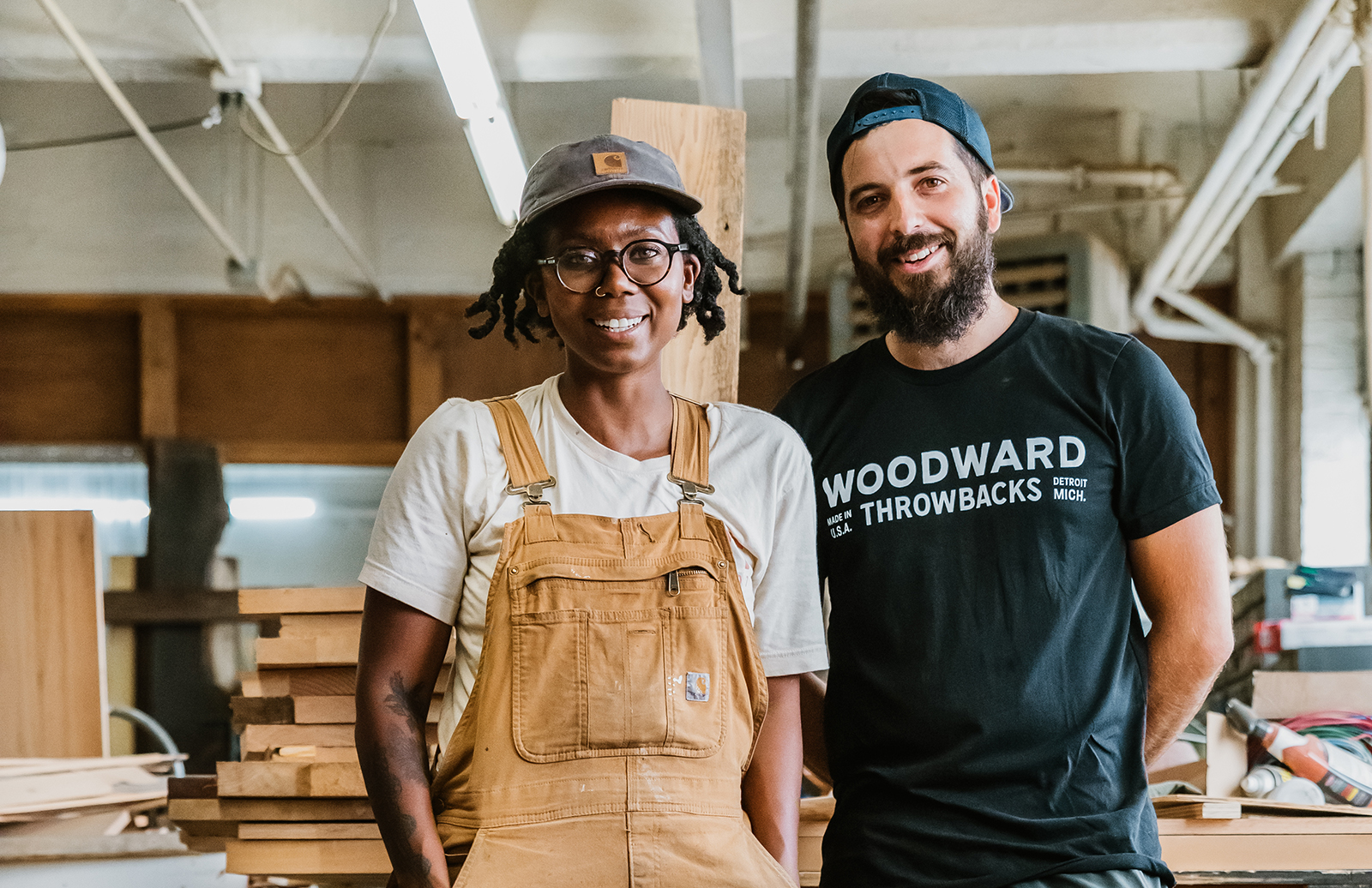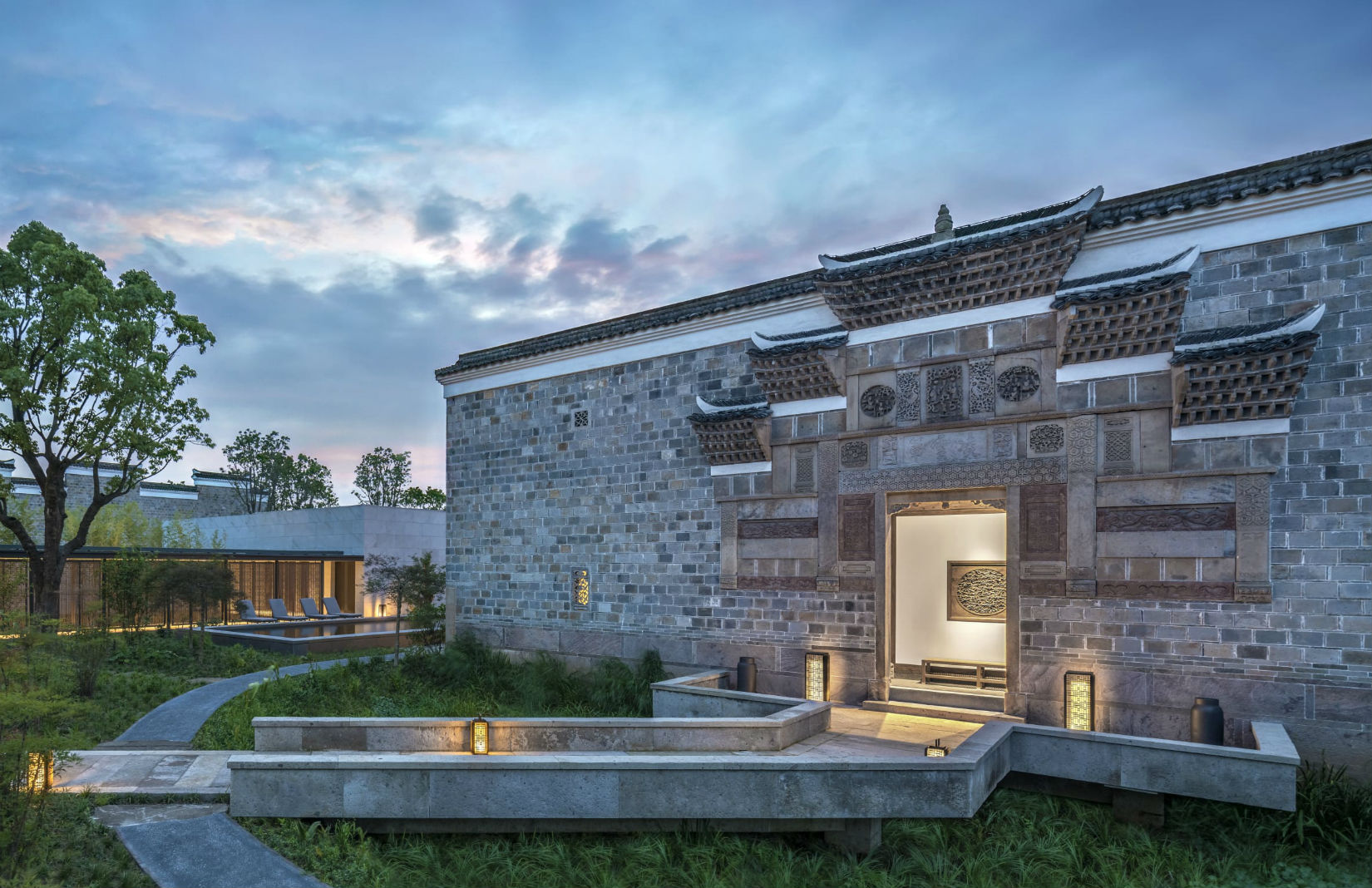
When Eaton DC opens next month in Washington DC, it will showcase the sumptuous design of a luxury boutique hotel and the buzzy workspaces of a hipster hangout.
But more than combining the successful boutique model of the Noughties and its trendy successors, Eaton DC will add a new element to its offering: mental stimulation.
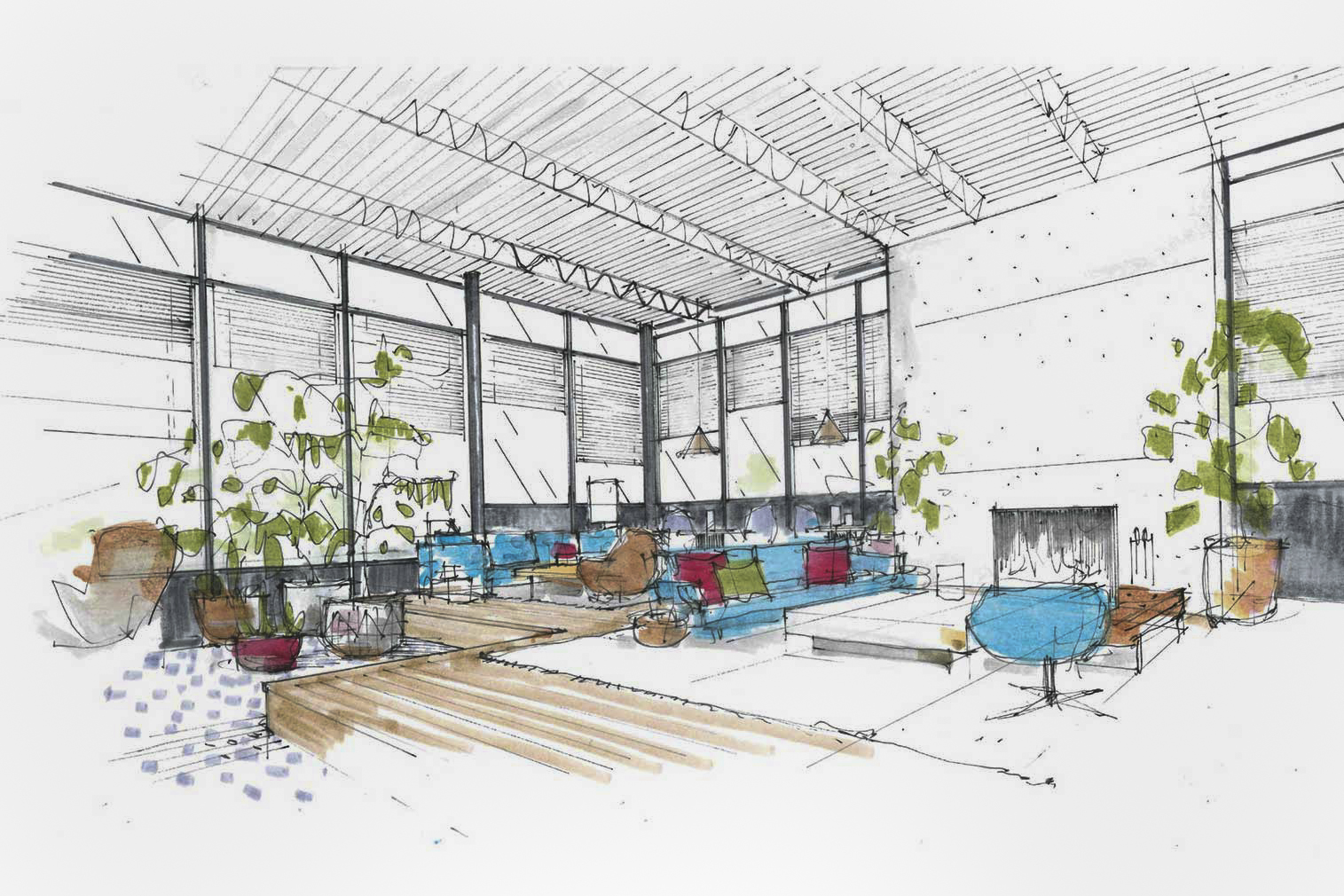
Like its sister property, the guesthouse-creative incubator Eaton HK in Hong Kong, Eaton DC will experiment with a new hybrid hotel model, inviting artists, activists and academics to share, lecture, hang out and, according to Katherine Lo, founder of mother brand Eaton Workshop, ‘follow their bliss’.
Championing activism
At both properties, a schedule of talks and workshops will engage guests in social change, broaden their minds, expose them to controversial art and literature. It will be as if Gertrude Stein ran the School of Life – an anti-Trump hotel banning drinking straws ‘for those who think outside the box,’ as Lo says.
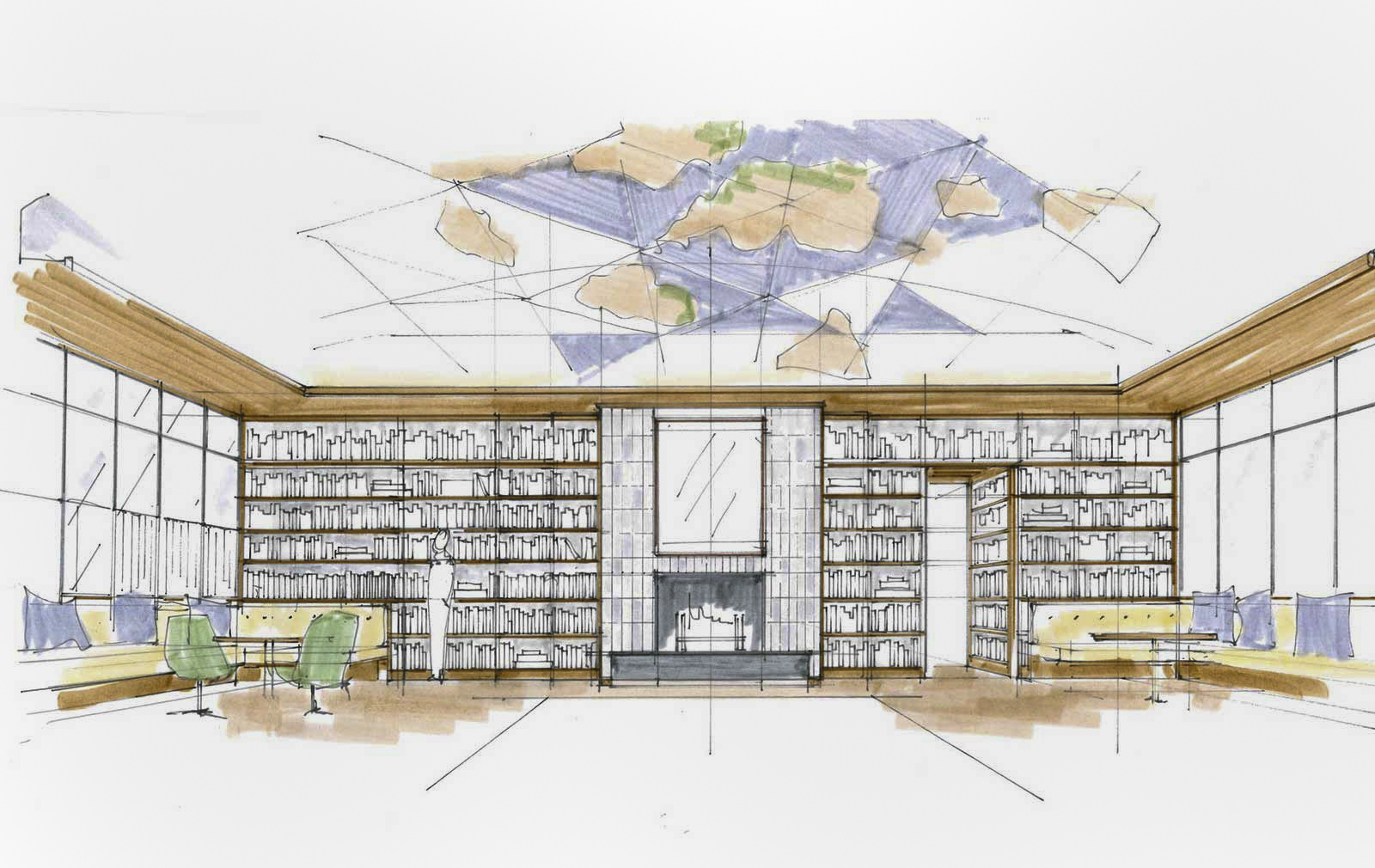
With USB ports and iPad-concierges no longer novelties, new hotels are seeking to define themselves with analogue charms: in-room turntables, libraries, art collections. When The Line opened in Washington DC last winter, it touted a running club and full-service radio station broadcasting from the in-house studio.
Sharpening your skill set
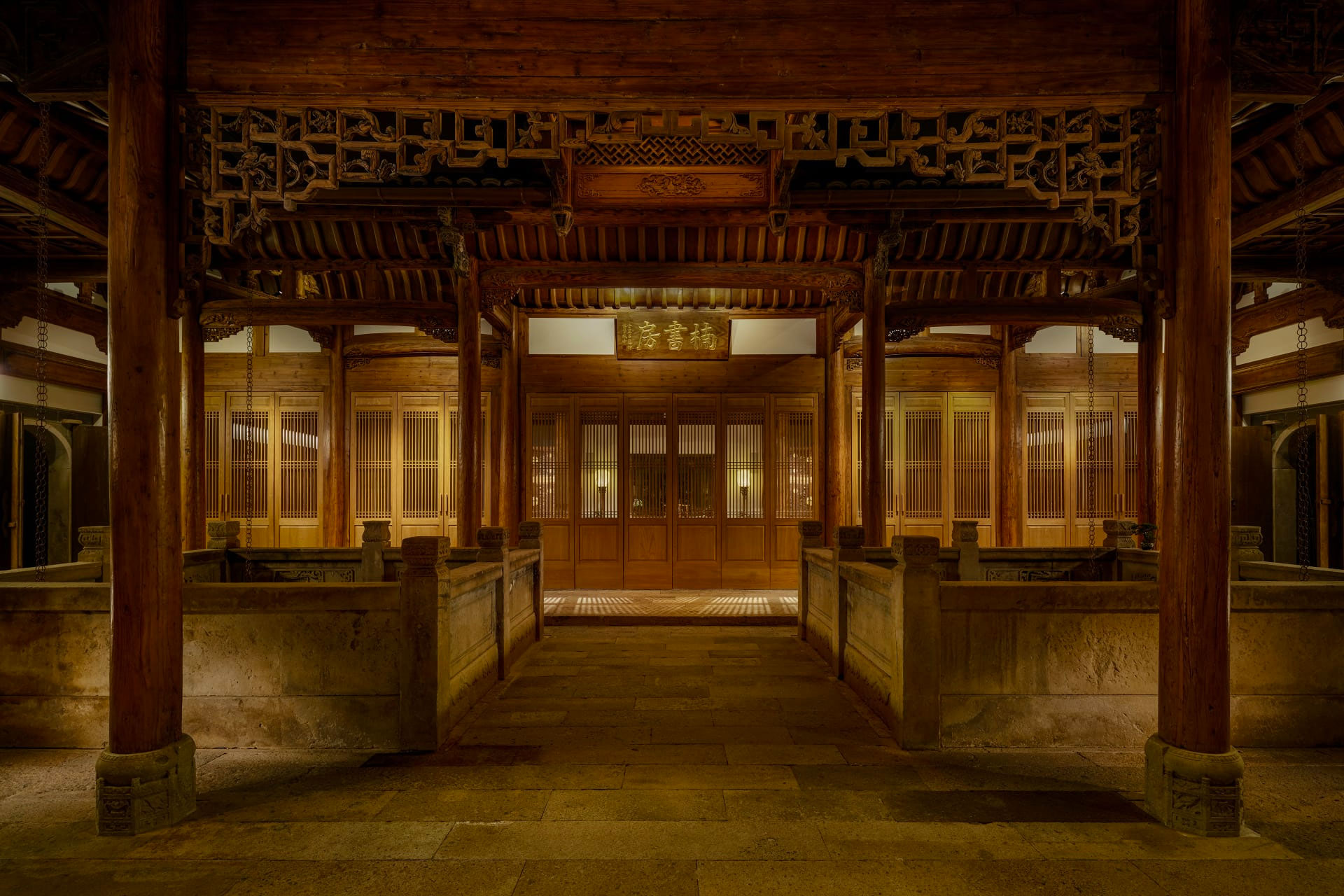
Earlier this year the Aman group launched Amanyangyun in Shanghai with a cultural centre modelled on a Qing-era schoolhouse at its centre. It buzzes day and night with classes in calligraphy and the ancient guqin (zither), along with tea and incense ceremonies. ‘We’re finding that people in this big, international city are starting to reject material values and look for something cultural and spiritual to satisfy them,’ says schoolhouse manager Jon Wolfberg.

At Amanyangun, you can hone your calligraphy skills…

… or learn to play the seven-stringed guqin or ‘qin’ instrument…

… and experience three different tea ceremonies
As James Soane of Project Orange – designer of the Swan Hotel, on the site of a brewery in the UK’s Suffolk – said at a recent forum in London on ‘post-cool’ hotels: ‘Culture is critical to the longtime success of a hotel. It has got to be more than a container.’
Responding to a changing travel landscape
This pivot toward offering cultural and educational content is a reaction to a new type of customer – and not only the passionate, compassionate millennial.
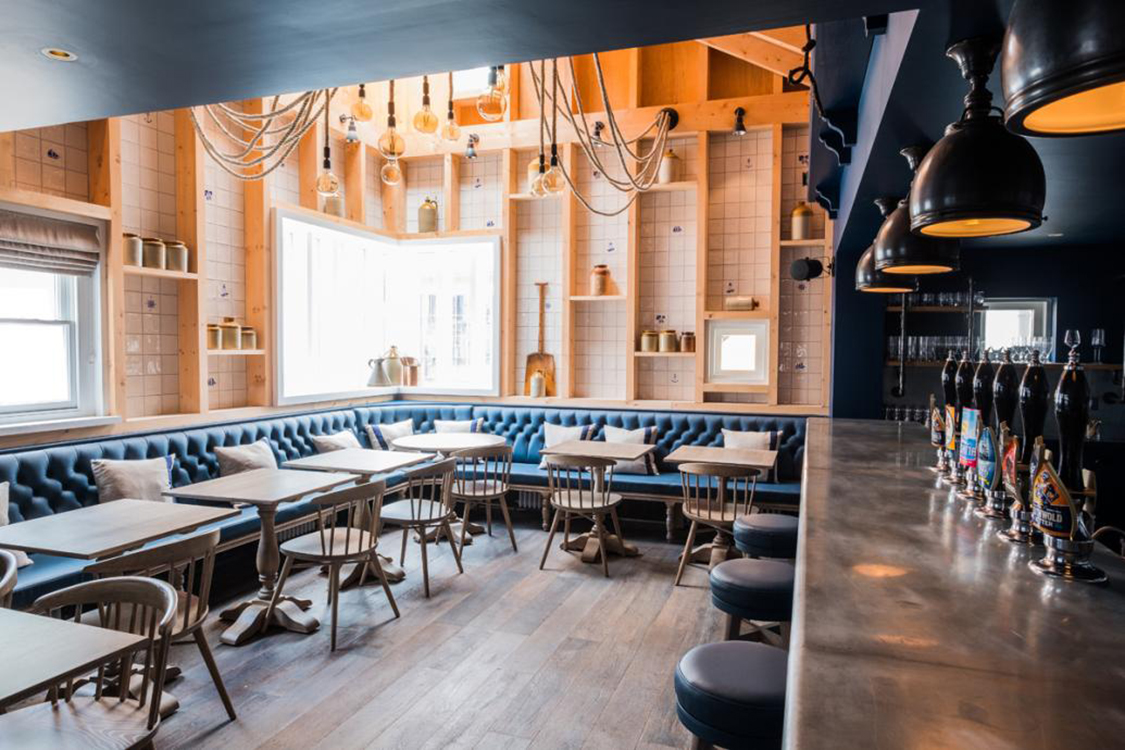
After the downturn of 2008, business travellers began taking on shorter assignments with smaller budgets. Rather than pack up and move their families for a year or two’s secondment, they were visiting for a shorter time, and alone. Few hotels catered to that sweet spot: the five-day to three-month stay.
Meanwhile, more community-oriented hotels, with their coffee bars and coworking spaces, seemed to cater more for locals than their lonely overnight guests, sabotaging their own cool. ‘When your ‘third space’ is full,’ says Soane, ‘the paying guests resent that.’
Fostering connections
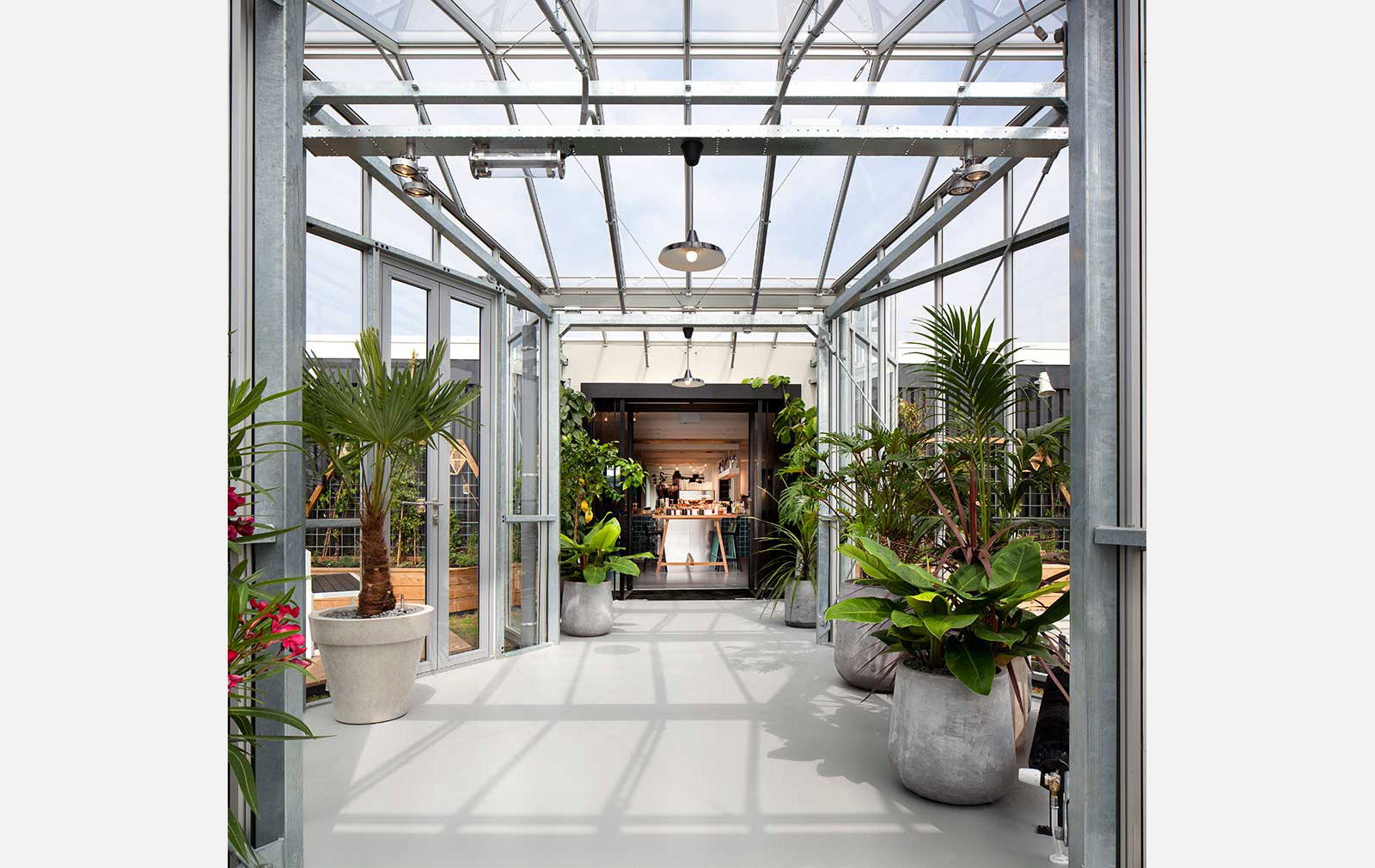
‘We didn’t want to become a hotel with everyone sitting on couches in the lobby, being cranky because they’re too busy,’ says Veerle Donders of Amsterdam’s Zoku hotel, which opened in 2016. Its USP is connecting visitors with locals through classroom courses, daily ‘coffee breaks’ and monthly dinners with members of the community. Part of Zoku’s strategy, like Eaton’s, involves recruiting international-minded locals into their membership scheme, to produce what Donders calls ‘water cooler moments’.
‘People want to make social connections after a few days of being alone in a hotel room,’ she says. ‘When one of our guests is excited about something,’ – like, for instance, the Bitcoin enthusiast who recently took to the podium – ‘we ask them to talk about it.’
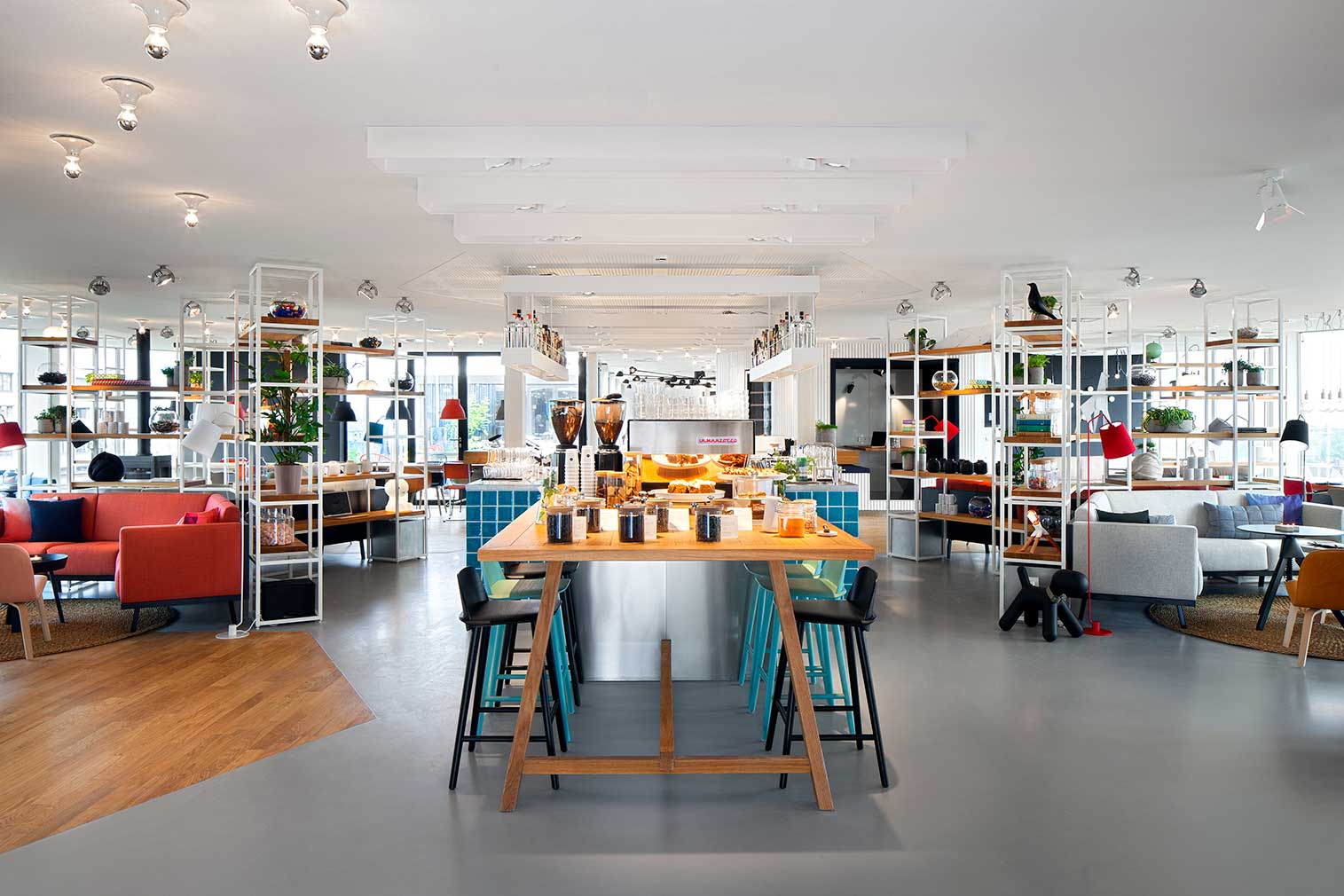
The open-plan space (designed in collaboration with Concrete) has no obvious reception desk – nothing that could, says Donders, ‘create a barrier between you and the staff members.
‘You can open any cabinet, tap your own beer, make your own coffee.’
Your hotel stay, in other words, shouldn’t be challenging – until you get into the classroom. For that, you’d better remember to pack your thinking cap.
Read next:
11 spectacular new hotels opening in 2018
What will the office look like in 10 years time?





